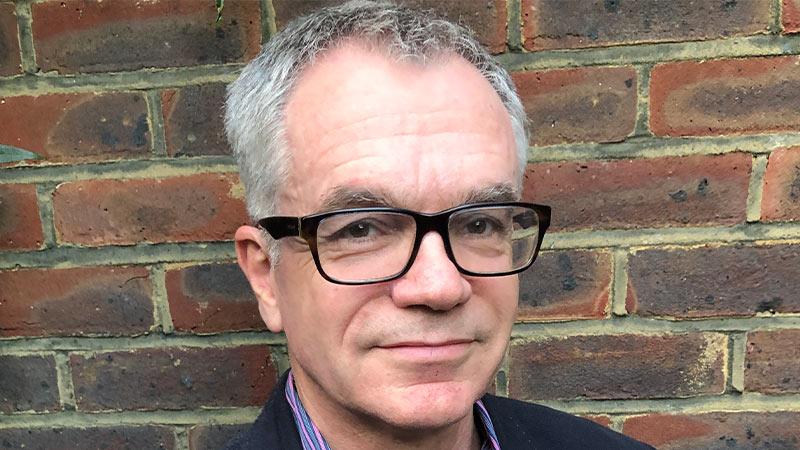Senior Visiting Researcher and Lecturer at Westminster’s Communication and Media Research Institute (CAMRI) Peter Cunliffe-Jones was recently appointed as a member of TikTok’s newly launched Sub-Saharan Africa Safety Advisory Council. The new Council aims to boost safety on its platform across Sub-Saharan Africa.

In addition to the United States Content Advisory Council, TikTok has also established nine regional Safety Advisory Councils since 2020. The councils are comprised of specialists in many fields, including hate speech, free speech and youth safety, and are essential in determining how TikTok's policies, features and safety procedures are developed, enabling the platform to adapt to changing obstacles.
This initiative has been expanded by the recently established Sub-Saharan Africa Safety Advisory Council, which brings together local specialists to work with TikTok to create forward-looking policies that address regional safety concerns. Their involvement aims to strengthen TikTok's dedication to user safety and promoting a positive online environment by assisting with the management of present issues and foreseeing future difficulties. The Council is made up of eight members hailing from six countries across Africa and one from Europe who is Peter Cunliffe-Jones from the UK. The launch of this council was announced at TikTok's Safety Summit held in Nairobi, Kenya.
Cunliffe-Jones was a journalist for the Paris-based Agence France Presse (AFP) news agency for 25 years in Europe, Africa and Asia. In 2012, he founded Africa’s first fact-checking organisation, Africa Check, based at the University of the Witwatersrand in South Africa. He was a member of the International Fact-Checking Network’s advisory board (IFCN) from 2016-2024 and led the development of its Code of Principles, now adopted by more than 170 organisations worldwide. Between 2022-2023, he was the strategic advisor of the Arab Fact-Checking Network. He joined the University of Westminster in 2019 as a Senior Visiting Lecturer and in 2020 was appointed Co-Director of the Chevening African Media Freedom Fellowship (CAMFF) course, funded by the Chevening Foundation and UK Foreign Office. The programme is dedicated to promoting a dynamic exchange of ideas and constructive learning between leading African media and information professionals and Westminster course leaders on topics such as key policy issues, understanding international and UK positions and the ethics of reporting. Cunliffe-Jones has also taught a section on misinformation on the Chevening South Asia Journalism Programme (SAJP) run by Professor of Media History at Westminster Professor Jean Seaton and Professor Rosie Thomas, Professor of Film and Director of the Centre for Research and Education in Art and Media (CREAM).
Peter Cunliffe-Jones said: "I am pleased to be part of this new Sub-Saharan Africa Safety Advisory Council for TikTok. It is great that TikTok has learned from the experiences of other platforms and is putting into place regional advisory councils so early in its lifetime. Over many years in fact-checking, my work has focused on both countering harmful misinformation and protecting freedom of speech. I look forward to working with the team, and my colleagues on the council, on their approach to safety and freedom of speech on such an important and exciting platform."
This initiative directly contributes to the United Nations Sustainable Development Goal (SDG) 16: Peace, Justice and Strong Institutions. Since 2019, the University of Westminster has used the SDGs holistically to frame strategic decisions to help students and colleagues fulfil their potential and contribute to a more sustainable, equitable and healthier society.
Find out more about the Communication and Media Research Institute at Westminster.


